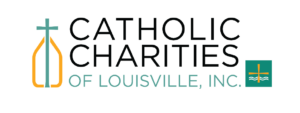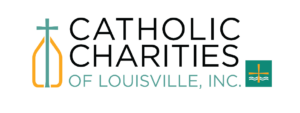Network Security – The Game Has Changed
Staff:
Some of you may be aware, but we were almost victims of considerable online fraud two weeks ago. While we all know to ignore the Nigerian Prince wanting to give you millions of dollars, it is not like the typical phishing scams we receive. This was no request from a spoofed email account or a phony message baiting you to a counterfeit website.
A request was sent to the finance department to pay an invoice. This happens every day. It seems we would have realized a fake request, right?
This bad actor gained access to an actual agency email account. He or she then studied the emails in the account and our organization. While the request for payment was fraudulent, the hacker:
- knew exactly where to send the request to generate the appropriate type of payment
- mimicked the manner of how that staff person signs emails
- referenced a specific grant account to charge the invoice
- acknowledged we would be reimbursed from the funder as there were insufficient funds in the account to pay the invoice
- intercepted finance’s questions and other messages sent to the staff person so just this conversation was hidden, but all other emails were unaffected
We have had reminders regarding suspicious emails and phishing attempts. As you can see, this instance was quite different.
Fortunately we were able to catch the scam in time. It is disconcerting, however, that someone came extremely close to conning us out of a significant sum of money by simply studying emails and a website. In addition to possessing the necessary information about Catholic Charities, the scammer also knew how to pressure for immediate payment while continually requesting verification of the transfer.
This scam could have been stopped much sooner with a simple phone call, but these messages were from a legitimate archlou account with detailed agency knowledge. While infrequent, a rushed payment request is not completely out of the ordinary and this instance has exposed vulnerabilities that we are currently taking steps to address.
We all have a part to play in keeping our network free from threats. Remember to generate strong passwords and keep them safe. If you ever have any questions, please feel free to reach out to me or Network Advocates who handles our technology. Use the icon to the right on your desktop to submit an issue to them or call 502-412-1050.
Our bank’s fraud division provided a good resource regarding cyber security. I ask that you please take the time to give it a read. PNC Cyber-Security-Guide
Neither Network Advocates nor any company we do business with will send you an unsolicited email either requesting outright or containing a link for you to provide username or password information. And remember if something feels off, even just a little, it is always better to take the extra time and verify.
Safe and happy surfing,


